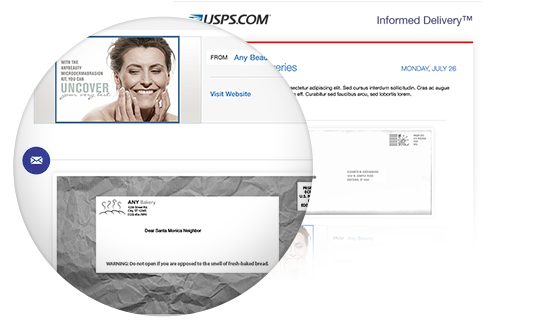If you’re among the couple hundred thousand passengers traveling daily through Hartsfield–Jackson Atlanta International Airport (ATL), you may be happy to discover it is one of the customer friendly airports which offers free WiFi access (connection name: “ATL Free Wi-Fi”). Combine this perk with good availability of electrical outlets and most travelers are content!
However, as pointed out by Eugene Volokh at The Volokh Conspiracy, “Atlanta airport WiFi users are barred from transmitting ‘hateful or racially, ethnically or otherwise objectionable’ material.”
An internet search of some of the same terms and conditions required of a user to accept for ATL WiFi access shows that such boilerplate language is common among use policies. Such language includes:
You agree NOT to use the Wi-Fi System to:
Transmit any material (by uploading, posting, email or otherwise) that is unlawful, threatening, abusive, harassing, tortuous, defamatory, obscene, libelous, invasive of another’s privacy, hateful or racially, ethnically or otherwise objectionable; …
Impersonate any person or entity or falsely state or otherwise misrepresent your affiliation with a person or entity; forge headers or otherwise manipulate identifiers in order to disguise the origin or any material transmitted through the Wi-Fi System; …
Transmit any material (by uploading, posting, email or otherwise) any unsolicited or unauthorized advertising, promotional materials, “junk mail,” “spam,” “chain letters,” “pyramid schemes” or any other form of solicitation…
As Volokh points out, not only are such conditions unconstitutionally vague, such restrictions on speech content are not allowed as they discriminate against certain viewpoints (whether you agree or disagree with them). As Hartsfield-Jackson Atlanta International Airport is owned and operated by the City of Atlanta through its Department of Aviation, the airport (government) may not regulate speech based on its substantive content or the message it conveys. Rosenberger v. Rector & Visitors of Univ. of Va., 515 U.S. 819, 828 (1995).
“[T]he violation of the First Amendment is all the more blatant” when the government targets not simply subject matter, but particular viewpoints speakers take on a subject. Id. at 829. Indeed, the Supreme Court has called viewpoint discrimination “an egregious form of content discrimination” and has held that “[t]he government must abstain from regulating speech when the specific motivating ideology or the opinion or perspective of the speaker is the rationale for the restriction.” Id. at 829.
While any illegal activity or transmissions via the free ATL WiFi system is justifiably barred, such free speech restrictions by a governmental entity are unconstitutional.
HT: Eugene Volokh
____
@travelblawg
facebook.com/travelblawg
Subscribe in the sidebar!
Disclosure of Material Connection: Some of the links in the post above are “affiliate links.” This means if you click on the link and purchase the item, I will receive an affiliate commission.









